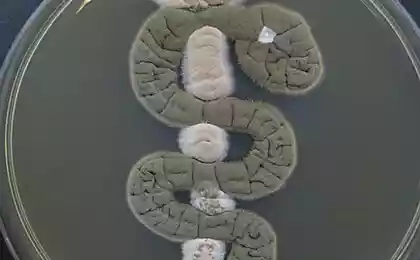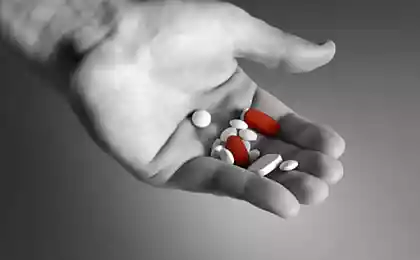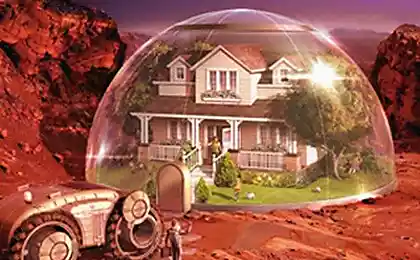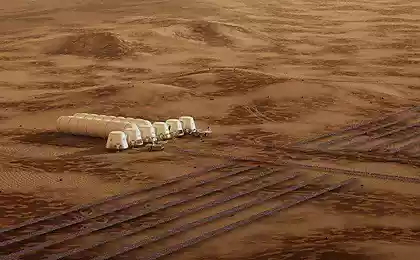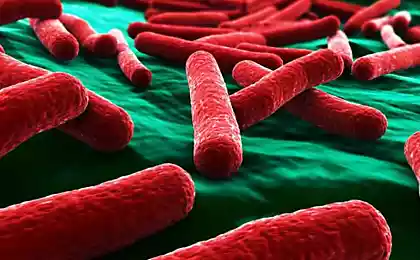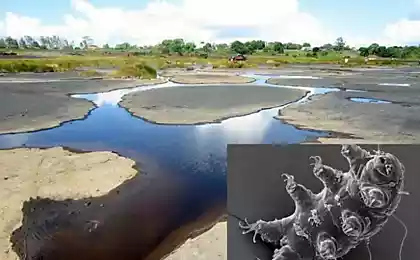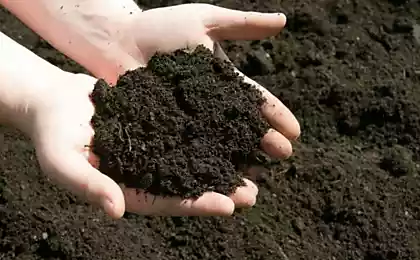1201
Bacteria from Earth able to colonize Mars

Disputes bacteria Bacillus pumilus SAFR-032 showed 10-40% survival rate after 18 months of being in the open space (in the shade), and in the simulation of Martian conditions survival was 85-100% (in the shade) sup>
Earthly bacteria can pretty quickly colonize the surface of Mars or other planets, according to the results of experiments , conducted on the International Space Station . This study - not part of the plan on terraformed the Red Planet. Quite the contrary, scientists are looking for ways how to prevent biological contamination.
Almost impossible to remove all traces of the biological with the equipment before interplanetary travel. To date, every spacecraft that flies to Mars or another planet, must meet certain standards for maximum bioburden (ie, the number of microorganisms). To increase the efficiency of sanitization you need to know exactly which organisms are able to survive on the surface of another planet.
Was conducted three experiments , including outside of the ISS module European Technology Exposure Facility (EuTEF).
Experiments have shown that some bacteria are more resistant to the conditions of interplanetary flights, than previously assumed. Of particular interest of researchers is caused by bacteria that can form spores (protective shell in stressful conditions): they are particularly resistant to the applied methods of sterilization, such as UV irradiation and treatment with hydrogen peroxide. The greatest controversy showed vitality Bacillus pumilus SAFR-032 , depicted in the photo above. While conventional disputes survive Martian conditions under solar radiation for 30 seconds, it manages to survive 30 minutes.
In one experiment, bacterial spores Bacillus pumilus SAFR-032 on the year and a half left in the open space in the module EuTEF. To the surprise of scientists, after 18 months, some of them survived. Surviving spores seen the highest concentration of superoxide dismutase - proteins for UV protection.
Spores Bacillus pumilus SAFR-032 showed 10-40% survival rate after 18 months of being in dark areas EuTEF, and in the simulation of Martian conditions in the dark survival was 85-100% after the same 18 months.
The study authors emphasize that the increased concentration of the protective protein was observed after resuscitation surviving bacteria on Earth and re sporulation.
Source: habrahabr.ru/post/222183/
